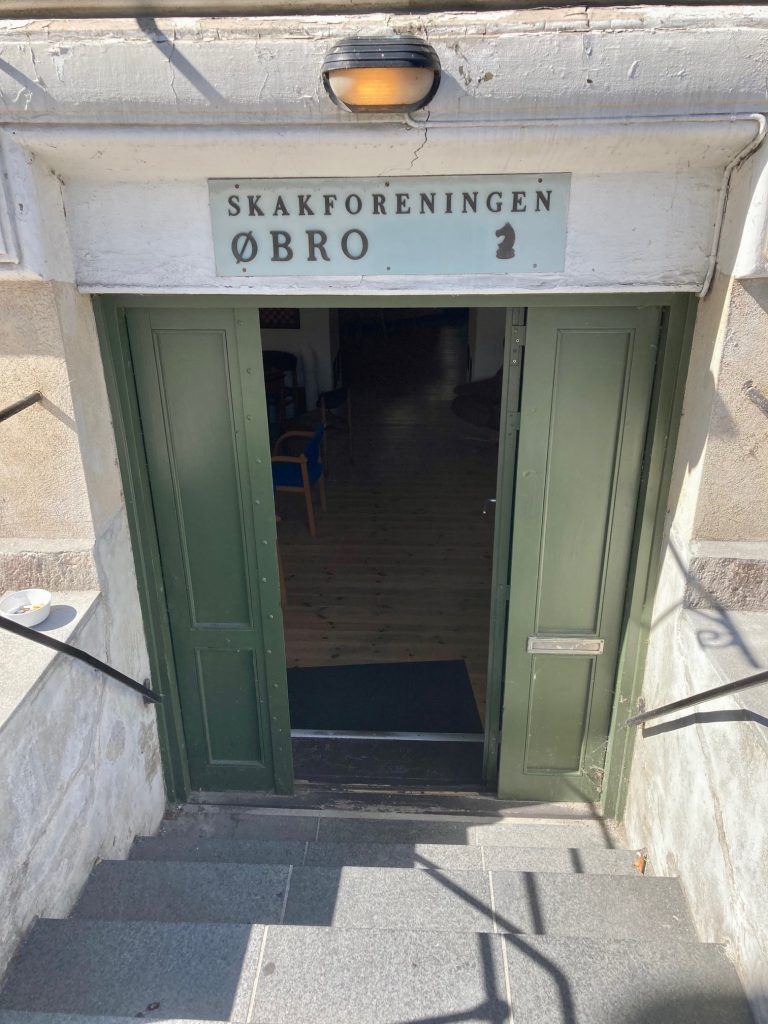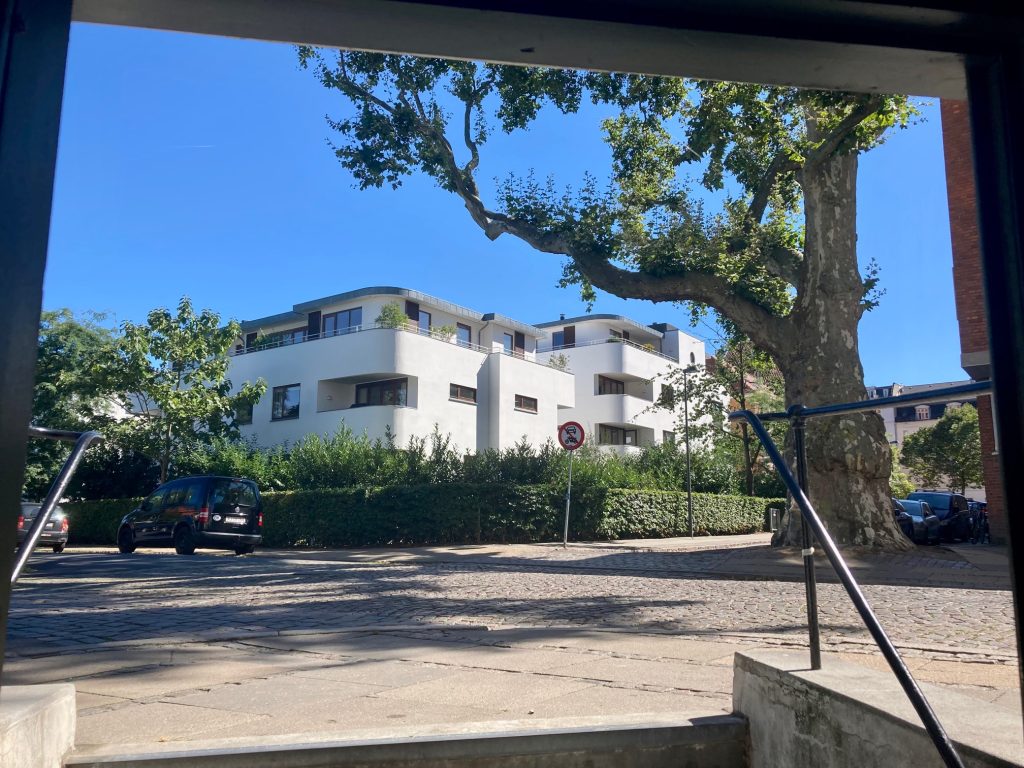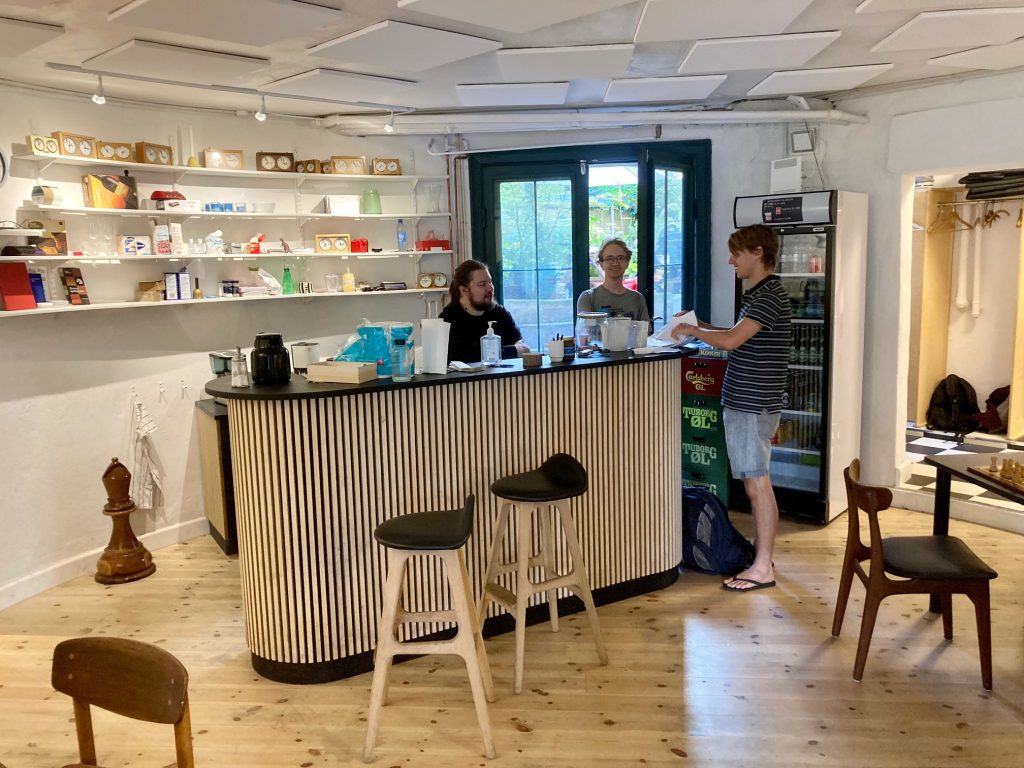I have been planning to write something about every tournament that I have participated in since October, but at the end of every tournament I have been so disappointed with myself that I needed a break. Then, some days later, when it would have been reasonable to write something, I got into the I-will-win-the-next-tournament mood, and I did not feel that I had the time. But that is not completely true either. I have commented games, lots, for publishing, and perhaps the real reason for not publishing is that I did not find a frame for them that included myself and that wasn’t all negative.
This is all quite typical for a chess player, to have to change, always. And for me it has been more dramatic in the last few years, with new (stronger) engines that have made some of my go-to openings, if not unplayable, then unappetizing. I have spent more than 500 hours last year changing my opening repertoire, so that it is up to the demands of the time. In the process I forgot about having to play the games too, and virtually every other aspect of my game has deteriorated.
There was also the book that I started writing in 2007, which I have finally finished. (I will write more about it later) Perhaps, due to my slow writing tempo, it will not free up a lot of time for me not to write it anymore, but it is a relief not to think about it, all the time.
So, I have made a plan for playing better, but until it has kicked in the reader will have to suffer games of my current standard, although not today.
Since posting last time, I have played for Sweden in the European Team Championship B-league three more times and have won all my games, which is a nice change to losing all my matches before that. As a team we are doing well, and we have only lost to Germany so far.
The last match, against Finland, was streamed by Anton Silfver (2d) on his twitter channel “ClynchTV”, together with Anton Christenson (3d). In my comments, I refer to them as Anton & Anton in my comments to the games. (I believe the stream can still be found on Twitch)
I will comment on all the games of the match, starting with my own. Take note that I am significantly weaker than the two top boards, and I am trying to make sense of their strategies, although these might be hard for me to grasp.
My own game first. I was very, very lucky on move 152, when I made a ko-threat that was not sente:
A shaky game on my part. I was in horrible time trouble when I made the faulty ko-threat, and it is not very likely that I would have survived if my opponent had not gifted me a big part of his stones.
Next I will give my thoughts on the other three games in the match.



